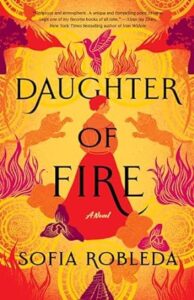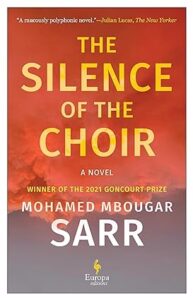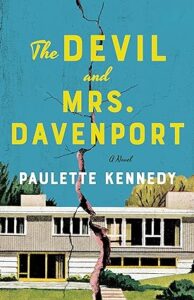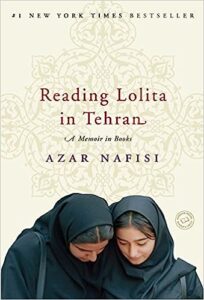Daughter of Fire by Sofia Robleda
Publisher: Amazon Crossing
Genre: Historical, Fiction
Rating: 5 stars
Reviewed by LavenderFor a young woman coming of age in sixteenth-century Guatemala, safeguarding her people’s legacy is a dangerous pursuit in a mystical, empowering, and richly imagined historical novel.
Catalina de Cerrato is being raised by her widowed father, Don Alonso, in 1551 Guatemala, scarcely thirty years since the Spanish invasion. A ruling member of the oppressive Spanish hierarchy, Don Alonso holds sway over the newly relegated lower class of Indigenous communities. Fiercely independent, Catalina struggles to honor her father and her late mother, a Maya noblewoman to whom Catalina made a vow that only she can keep: preserve the lost sacred text of the Popol Vuh, the treasured and now forbidden history of the K’iche’ people.
Urged on by her mother’s spirit voice, and possessing the gift of committing the invaluable stories to memory, Catalina embarks on a secret and transcendent quest to rewrite them. Through ancient pyramids, Spanish villas, and caves of masked devils, she finds an ally in the captivating Juan de Rojas, a lord whose rule was compromised by the invasion. But as their love and trust unfold, and Don Alonso’s tyranny escalates, Catalina must confront her conflicted blood heritage—and its secrets—once and for all if she’s to follow her dangerous quest to its historic end.
The setting is sixteenth-century Guatemala, and the story is told from the point of view of a young woman named Catalina. Catalina is living between two worlds: that of her Spanish father, and that of her late Mayan mother. Her dad’s colleagues have conquered and suppressed her mother’s, leaving Catalina in a desperately uncomfortable situation. Much drama is written into the story as it unfolds. We get to know and love Catalina as she maneuvers her way through a lot of danger and intrigue.
The novel comes across almost as a diary, with real emotion to help us not only understand, but feel what’s happening to Catalina. Her supporting characters are richly drawn and unpredictable. The world around her is easy to picture due to the author’s skill in weaving in time and place details.
This is a moving, suspenseful tale of a young woman living in fretful times. Readers will surely enjoy getting a feel for the history of the era as well. Recommended.

































